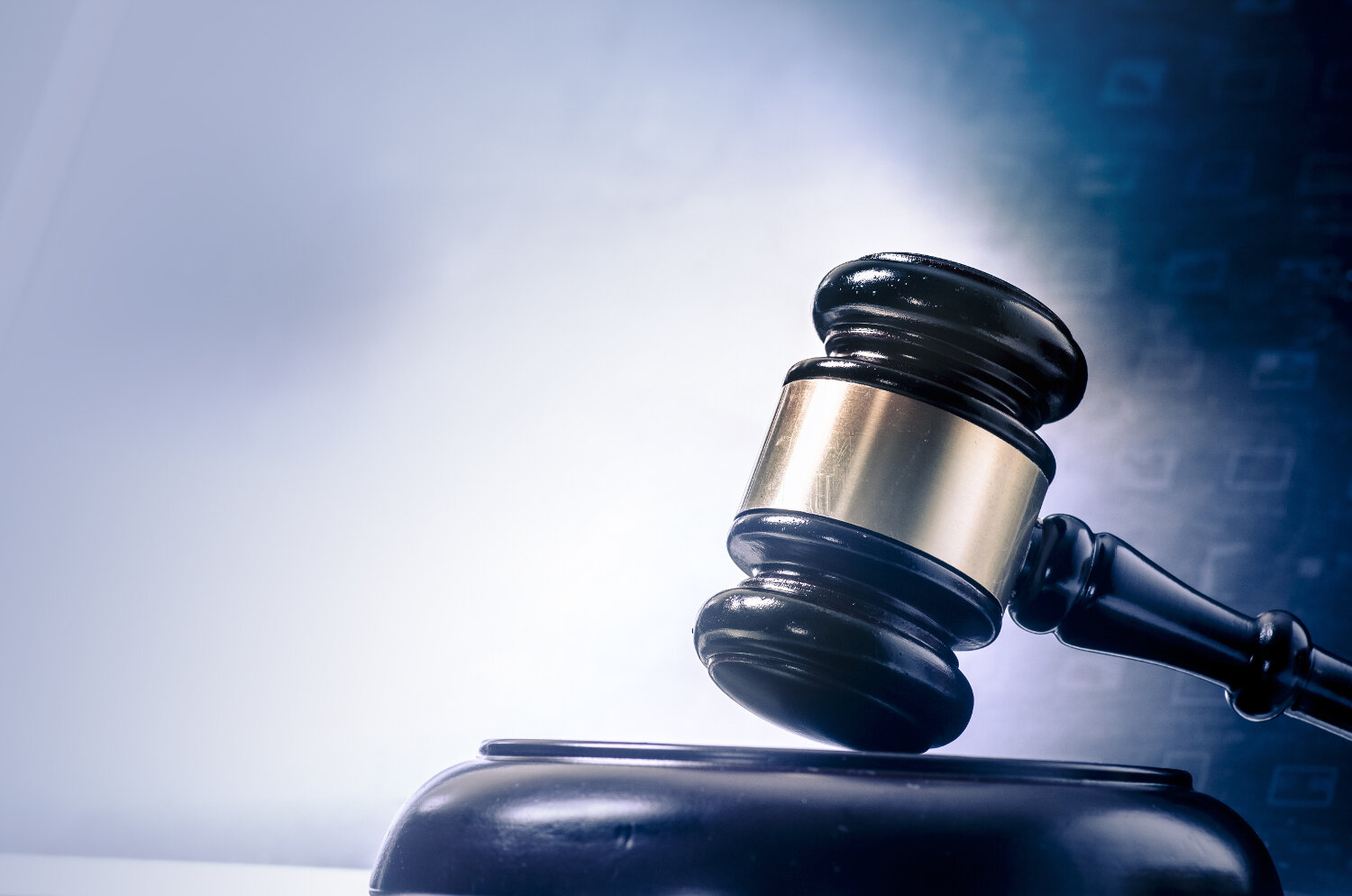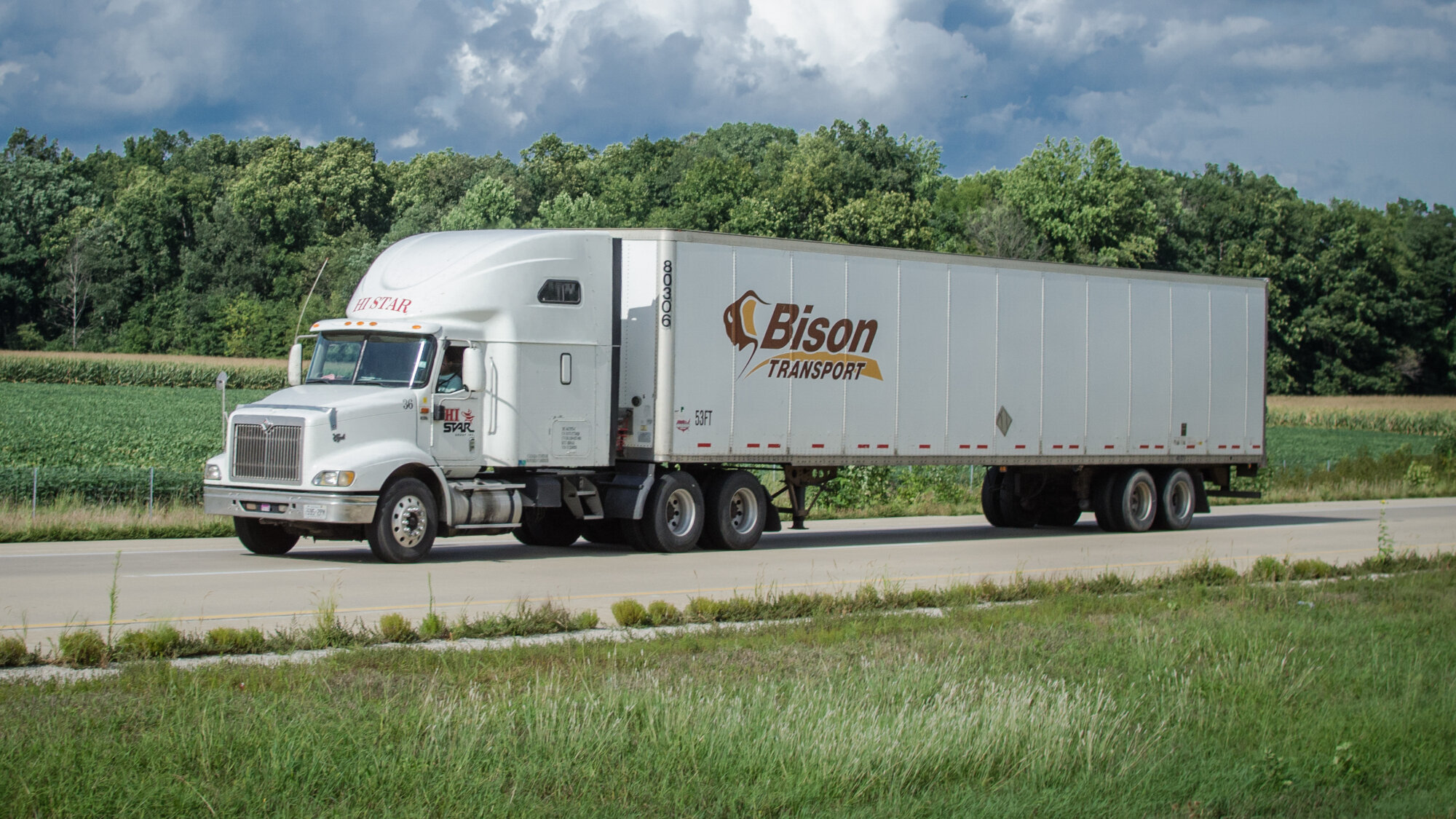
A federal trial court in Iowa recently ruled in favor of a carrier in a sexual harassment case. The basic factual allegations are all too familiar: a male driver and a female driver are driving together in a truck, and alleged sexual harassment occurs. The carrier here prevailed because the court determined that the carrier’s response to each complaint of sexual harassment was appropriate under the law. This case serves as a good example for carriers showing how immediate and effective responsiveness in the face of sexual harassment allegations can enable the carrier to escape liability when and if a lawsuit is filed.
Background
The carrier is a leading long-haul transportation company. The carrier uses a team driving system which utilizes two drivers per truck. The goal of this system is to keep the truck on the road as much as possible, with one driver sleeping while the other is driving.
This case involved three female drivers who each alleged sexual harassment. The allegations are significant and voluminous. A sampling of the allegations includes: sexual comments, sexual propositions, physical contact, witnessing masturbation, witnessing a male driver expose himself, attempted forcible removal of clothing, display of pornographic photographs, and threats of physical violence. Nearly all the allegations at issue allegedly occurred while a female driver was paired with a male driver and the team was engaged in over-the-road driving.
The carrier requested that the court enter a judgment in its favor prior to any trial on the matter. The carrier made two arguments in support of this request for judgment (also known as a “motion for summary judgment”). First, the carrier argued that the allegations were not actionably severe or pervasive to constitute sexual harassment. Second, the carrier argued that its prompt and effective response to each instance of alleged sexual harassment was reasonably calculated to stop the alleged harassment and thus sufficient to relieve the carrier from any liability in the matter. The court rejected the carrier’s first argument but accepted the second argument and therefore ruled in the carrier’s favor.
Court’s Decision
The court began its analysis by reviewing the evidence of sexual harassment presented by each driver. The court noted that in order to survive the carrier’s motion for summary judgment, the drivers had to “present evidence from which a reasonable jury could conclude that the harassment was sufficiently ‘severe or pervasive’ to affect a term, condition, or privilege of the plaintiff’s employment.” The court reviewed the evidence presented by each driver—primarily the driver’s own testimony—and concluded that a jury could find for the drivers based on the evidence presented.
The court then turned to the issue of the carrier’s response to the alleged harassment. The court stated the applicable law: “An employer’s liability turns on whether the employer was aware of the conduct and whether it took appropriate action to remedy the circumstances in a timely and appropriate manner.”
The drivers made the argument that the carrier was aware of the danger that the drivers would be sexually assaulted or harassed, in part, because of previous sexual harassment complaints made in separate lawsuits. The court, however, stated that the drivers’ “attempt to show constructive notice through general evidence regarding previous complaints in separate lawsuits goes beyond the applicable standard” and that the drivers “have not shown that any of the past complaints of sexual harassment in those cases involved the same drivers accused of harassment in this case.” The court ruled that “the law does not require an employer to anticipate the misconduct of its employees when those employees have given no indication that they would engage in misconduct.”
Against that legal backdrop the court went on to note that the carrier’s response to each complaint made was sufficient. The court noted that when a driver reported a complaint, the carrier:
endeavored to respond within less than 24 hours to separate that [driver] from the accused driver, arrange overnight lodging and transportation (where appropriate), investigate the complaint, relieve [the driver] from future assignments with the alleged harasser to ensure she would not be placed in a truck cab with him again and put measures in place to ensure the misconduct stopped….
The court accordingly found the carrier’s actions here were appropriate.
The drivers nonetheless disagreed and argued that despite the carrier’s response, each driver experienced harassment from male drivers they were subsequently paired with and that this shows that the carrier failed to do enough systemically to prevent harassment. The court rejected this point and found: “the cases in which courts have found an employer’s response to be negligent or the remedial response inadequate (or to raise a fact issue as to this question) involve continued harassment by the same harasser.”
The court therefore concluded that the carrier’s remedial response to the alleged harassment “must be measured only by what it knew at the time” and that the carrier cannot be held liable for failing to respond to an action by an employee that has not yet happened and that [the carrier] has no reason to suspect will happen.” Accordingly, the court ruled in the carrier’s favor.
Takeaway
This decision shows why it is critical to take immediate corrective action in the face of sexual harassment or other harassment allegations. Whenever allegations are made concerning conduct that resembles sexual or other harassment, the employer generally should act promptly. The employer generally should: (1) initiate a prompt and thorough investigation of the matter, including interviewing the complaining party, the alleged offender, and witnesses regarding the allegations, and documenting evidence, if any; (2) take immediate steps as may be appropriate to protect or separate the parties involved; and (3) upon completion of the investigation and consideration of the overall matter, take appropriate remedial actions as warranted to address the situation.
Successfully navigating the perilous waters of sexual harassment allegations is a necessity for the modern-day employer. Employers should consult with experienced counsel for assistance when needed.
R. Eddie Wayland is a partner with the law firm of King & Ballow. You may reach Mr. Wayland at (615) 726-5430 or at rew@kingballow.com. The foregoing materials, discussion and comments have been abridged from laws, court decisions, and administrative rulings and should not be construed as legal advice on specific situations or subjects.





















